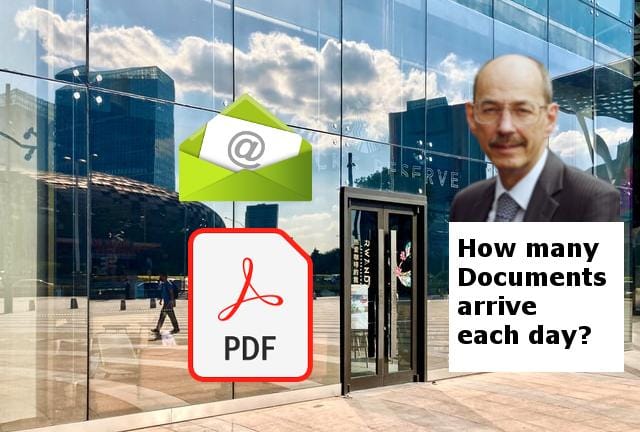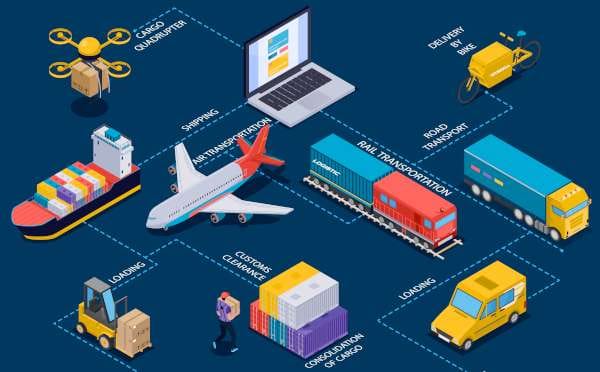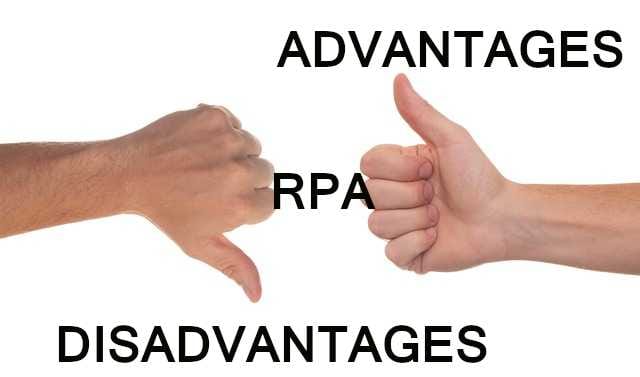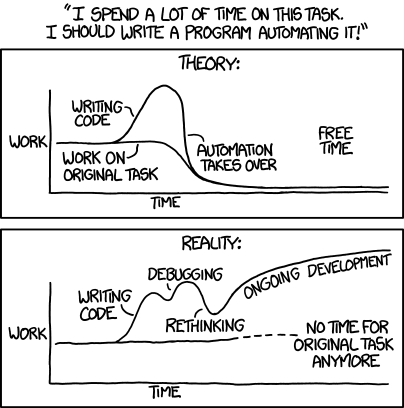
How RPA Can Slash Operational Admin Costs by up to 30%
In today’s rapidly evolving business landscape, optimising operational costs is crucial for sustained success. Robotic Process Automation (RPA), is a proven technology that has been transforming industries by automating repetitive tasks and streamlining workflows. RPA can dramatically reduce operational administrative costs by up to 30%.
The continual need for efficiency
As businesses grow, so do their operational complexities. Business processes are defined so that the growing number of staff can repeat the activity consistently.
Each business process may involve many tasks. There is often interaction between business processes for example an order process, leading to a delivery process and an invoice process which are followed by a payment reconciliation process.
With processes that are executed many times by staff, the activity becomes routine, mundane and can be considered as administrative.
1. Understanding RPA and Its Benefits
Robotic Process Automation (RPA) uses software robots or “bots” to automate repetitive tasks that are performed on computers. By mimicking human actions, RPA bots can execute tasks with speed, accuracy, and scalability, leading to significant improvements in efficiency and productivity.
The RPA bots replace the manual work that people perform by reading from the screen, typing on keyboards plus moving and clicking the mouse.
RPA benefits include:
- Cost reduction as RPA bots are relatively good value to operate
- Increased accuracy as RPA bots do not make human errors – they process consistently
- RPA bots can operate 24/7, which is 168 hours a week compared to 40 hours for a person
- Ability to scale, it is much easier to deploy or remove RPA bots than it is to recruit or dismiss staff
2. Streamlining Workflows for Cost Reduction
One of the primary advantages of RPA is its ability to streamline workflows. By automating manual tasks, RPA reduces cycle times and minimizes errors, resulting in cost savings across various business functions.
Once tasks are automated, the time constraint of people being available to perform the work is removed. This creates the opportunity to perform activity 24/7, allowing scheduling as required by available work. This can allow re-think about complete business processes.
3. Enhancing Business Efficiency
With repetitive tasks automated, employees can focus on activities that require creativity, critical thinking, and decision-making, leading to improved job satisfaction and organizational performance.
By being able to devote time to these human centric tasks, businesses can gain more efficiency through better outcomes.
4. Improving Accuracy and Compliance
Human errors can be costly and detrimental to business operations, especially in highly regulated industries. RPA mitigates the risk of errors by ensuring consistent accuracy in task execution and adherence to compliance standards.
By automating compliance-related processes, organizations can avoid penalties and reputational damage, further contributing to cost savings.
Reconciliation and cross checking to verify data integrity / business consistency requires a great deal of detailed work.
Yes, performing such work can add confidence that auditors and regulators would like to see.
The cost to such detailed checking can be high, as the activity is trying to “Find the needle in the haystack”, as issues will hopefully be very rare or non existent. It can be very boring work, so any lapse in concentration could mean the “Exception” is missed.
RPA bots are ideally suited to this type of task.
By using the RPA bots capacity overnight and at weekends for such data integrity checks, high priority benefits from core business process automations can still be completed during the day.
5. Scalability and Flexibility
Operational workloads are rarely consistent throughout the year. There will be peaks and troughs.
Scalability is essential for businesses aiming for long-term growth and sustainability. RPA bot solutions are highly scalable, capable of handling increased workload demands without significant investment in infrastructure or manpower.
There can be significant cost savings in being able to deliver flexibility as workload levels vary.
Is 30% realistic?
Operational admin costs vary across industries, they are always essential but often not directly valued by customers. Operational admin is taken for granted by customers until there is an error.
RPA bot implementation case studies have shown great ROI. With examples in Financial Services showing a 40% cost reduction, in Manufacturing a 25% saving and in Logistics a 30% benefit.














